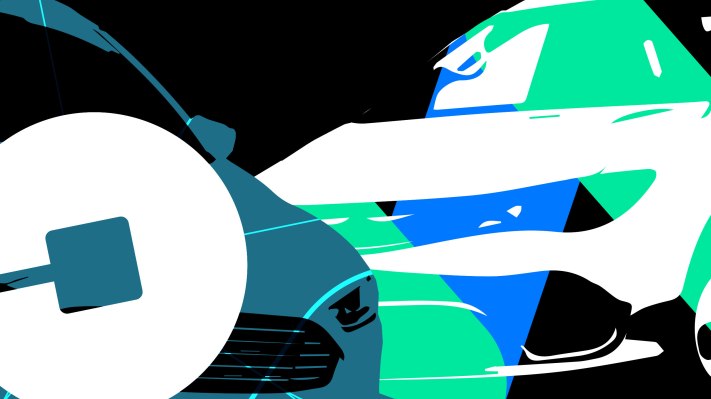Attorneys for Waymo, Alphabet’s autonomous vehicle spinout, are nearing the end of their plaintiffs presentation against Uber in a trial that is likely to have broad ramifications for the common Valley practice of acqui-hiring talent.
The case hinges on whether the jury believes Uber’s assertion that the technology used in its autonomous car project was developed and acquired independently, in spite of the fact that the company almost assuredly received data on the same technology from Alphabet’s servers as part of Uber’s acquisition of Anthony Levandowski’s company Otto.
Today’s courtroom testimony hinged on two critical points. The first was the scope of the due diligence that Uber conducted during its negotiations with Otto. The second was whether the documents that Levandowski brought with him from Google were sufficiently vital in the development of Uber’s autonomous car project to merit damages.
Arguments ranged from the banal to the bizarre with a good portion of the proceedings taken up by a fairly lengthy explanation of Google’s security measures (quite extensive as one would assume). Uber’s defense attorneys responded by noting that one of Waymo’s top engineers carried an early prototype of its proprietary LIDAR technology to Burning Man (okay, maybe not as extensive as one would hope).
We will have more arguments tomorrow from Waymo, and then the complete case from defendant Uber. Whatever the end result, the case has serious implications for the acquisition of startups, and corporate development heads are paying close attention to how to improve processes — particularly around due diligence — to ensure they aren’t caught in an intellectual property thicket like Uber is facing right now.
To recap a bit: Uber allegedly acquired trade secrets from Waymo when it lured one of the founding figures of the autonomous vehicle movement — Anthony Levandowski — away from Google with promise of riches and independence to pursue his own path within Uber’s massive corporate machinery. Uber did wind up acquiring Levandowski — and the company he set up, Otto — along with several of Waymo’s top engineering talent.
It’s clear to most outside observers that Kalanick and Levandowski were doing some shady, shady stuff (indemnifying Otto executives against intellectual property lawsuits; downloading information from Google’s internal servers onto personal computers; wiping Google hardware; sending each other weird clips of the Gordon Gecko “greed is good” speech), but what’s less clear is how much of the technology that Levandowski accessed actually made it into Uber’s autonomous vehicle program.
While the the technical points will determine this trial’s outcome, the broader problem is that Silicon Valley has a very, very, long history of rewarding just this sort of bad behavior. The Bay Area’s tech industry was created with what may be the most famous example of intellectual property “theft” in history: the infamous “traitorous eight” who left Shockley Semiconductor Laboratories to form Fairchild Semiconductor and kicked off the modern computing era.
Fast forward a few decades, and you arrive at today’s case, with Waymo suing Uber for the theft of trade secrets related to its self-driving car program.
That Uber — a poster child for startup malfeasance and miscreantism — could manage to cast a pall over Silicon Valley’s entrepreneurial spirit is yet another example of how the company’s hyper-aggressive corporate practices have done real damage to the Bay Area’s startup factory. But its culture of acquisitions is not unique, and the Valley needs to own up to its history.
